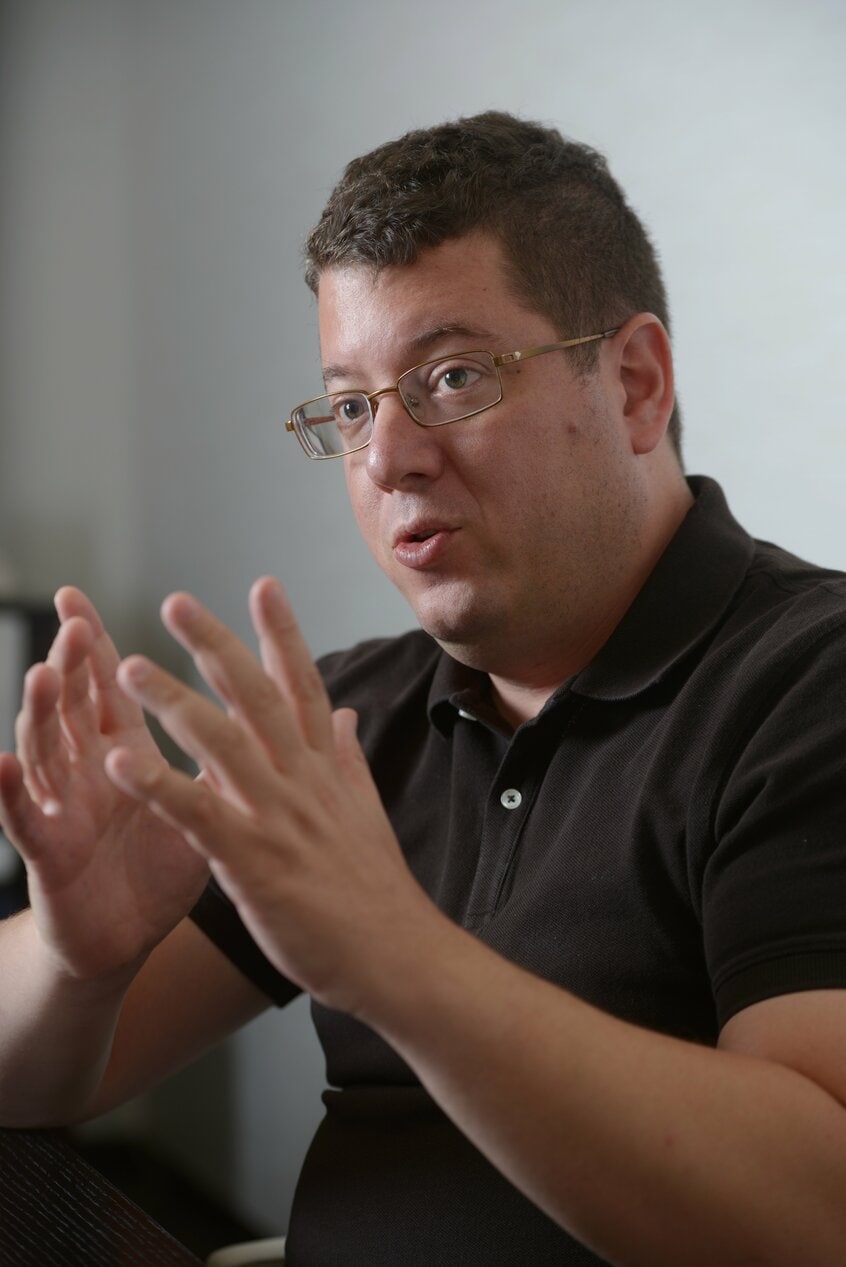Needless to say, Israel should adhere to the international rules of armed conflict. As much as many of us are furious, we should not adopt the ways of our enemies and harm innocent civilians. In the Israeli Army's ethical code, it is written that "a soldier will maintain his humanity even in wartime." The IDF should never intentionally target civilians and is obliged to protect Gazans seeking shelter behind our lines, as well as surrendered enemy fighters. However, warfare in a dense civilian environment, particularly with underground tunnels, carries unavoidable risks to the civilian population. The Israeli Army should create a humanitarian corridor and establish safe zones for refugees unaffiliated with Hamas. However, we cannot allow the mistaken pseudo-humanitarianism of the past to prematurely halt the operation, limit bombing of Hamas targets, or force us to supply our enemies with electricity, water, and fuel. It should not be allowed to shield Hamas from the consequences of its actions. Allowing Hamas to recuperate and rearm poses an existential danger to Israelis and may carry disastrous consequences for Palestinians as well, certainly in the long run.

Many Arabs and Palestinians are also horrified by what Hamas has done. Arabs and Druze serve in the Israeli Army, police, hospitals, and other important services. Arab towns offered shelter to Jewish refugees to show solidarity. Many Israeli Arabs mourn their relatives who were murdered by Hamas. After the war ends, there will be a great opportunity to rebuild the towns for the peaceful population of Gaza with modern dwellings and infrastructure, directing international generosity toward genuine rebuilding rather than misguidedly supporting groups like Hamas. Treating the Hamas problem as the ISIS problem has been treated—dismantling this organization, arresting its leaders, and trying them for crimes against humanity—will be beneficial for everybody in the region.
My guess is that as the grim reality of war in Gaza is projected on television screens worldwide, Israel will remain unpopular among many who choose to ignore the consequences of this bitter reality. Yet, fifty years after the Holocaust, Israelis and Jews have to defend their families, even at the price of being unpopular. My hope is that gradually, peace-loving people in Japan and around the world will understand that sometimes, evil has to be fought rather than appeased.
In the famous American movie "The Green Mile," the main character refers to a brutal murderer, explaining how he manipulated his victims: "he used their love for one another in order to kill them." Let us not allow groups like ISIS and Hamas to exploit our love for peace and humanity against us. Israel, at least, cannot afford to do it any longer.( Danny Orbach)
こちらの記事もおすすめ 外国人が「歩くだけで幸せ」と絶賛する日本の街







































